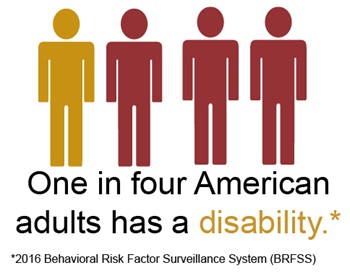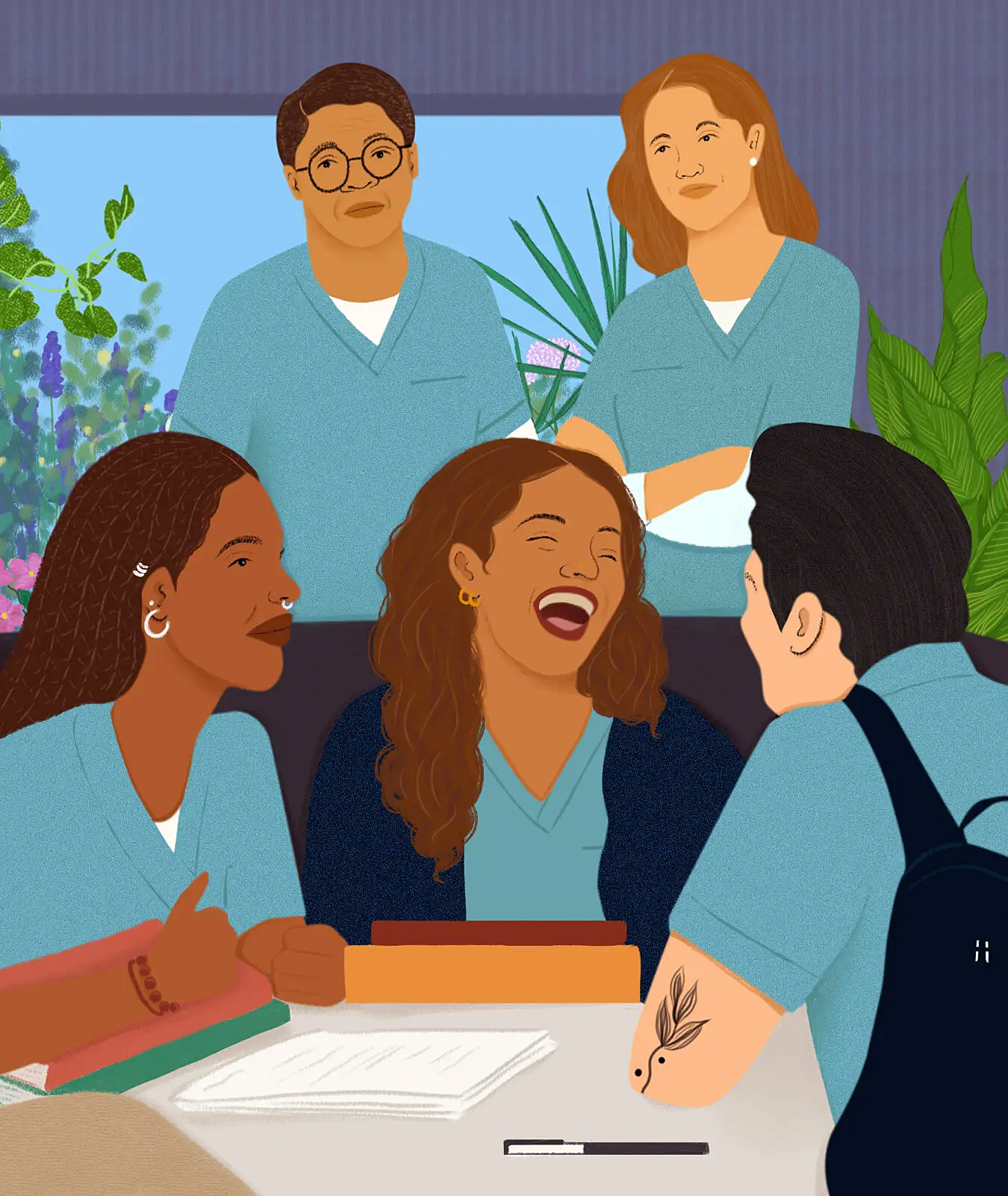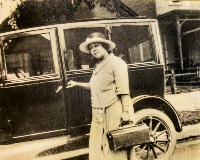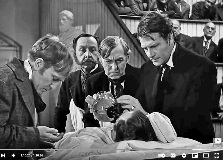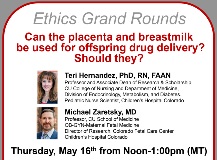Centering Law In Public Health Education
Health Affairs
Apr 12, 2024
In June 2023, the Public Health Ethics and Law (PHEAL) Program convened a workshop at CBH entitled “Teaching Public Health Law Outside of a Law School.” The first output of the workshop, was this commentary published today in Health Affairs. Daniel Goldberg, JD, PhD, and co-authors argue that law is as core to public health as epidemiology and biostatistics and should be centered in schools and programs of public health.
Including law within public health curricula provides future practitioners with critical tools to identify and address legal issues to advance public health. Importantly, this foundational education supplies public health students with understanding of the skills to confront the structural drivers of health inequities. Read article>>
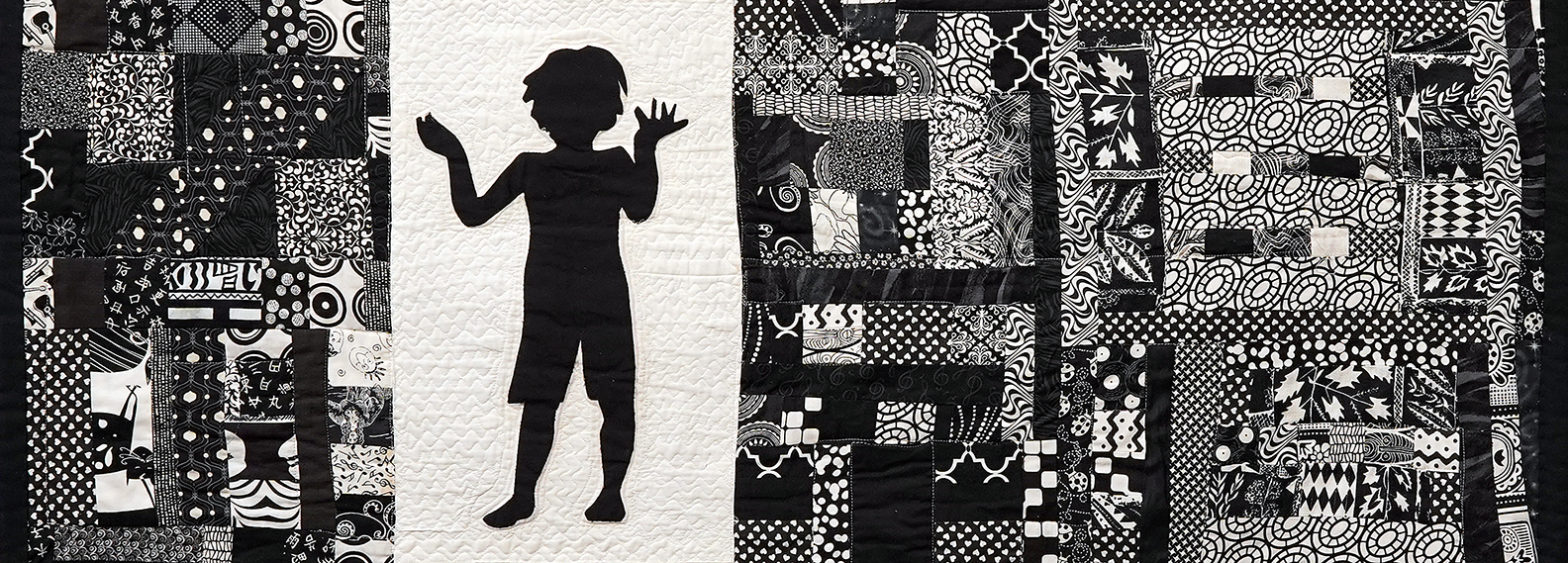
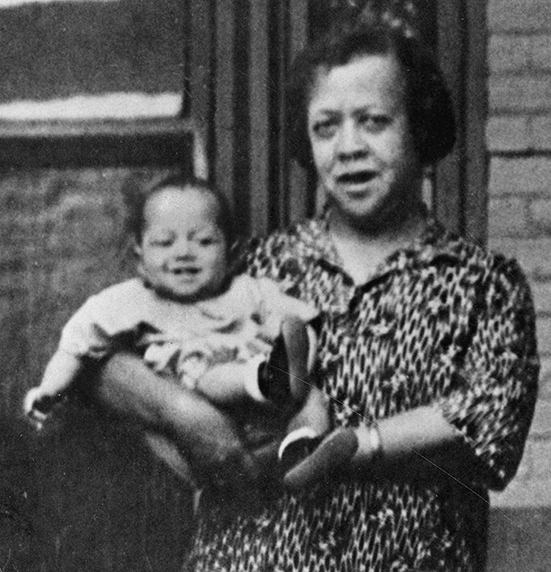
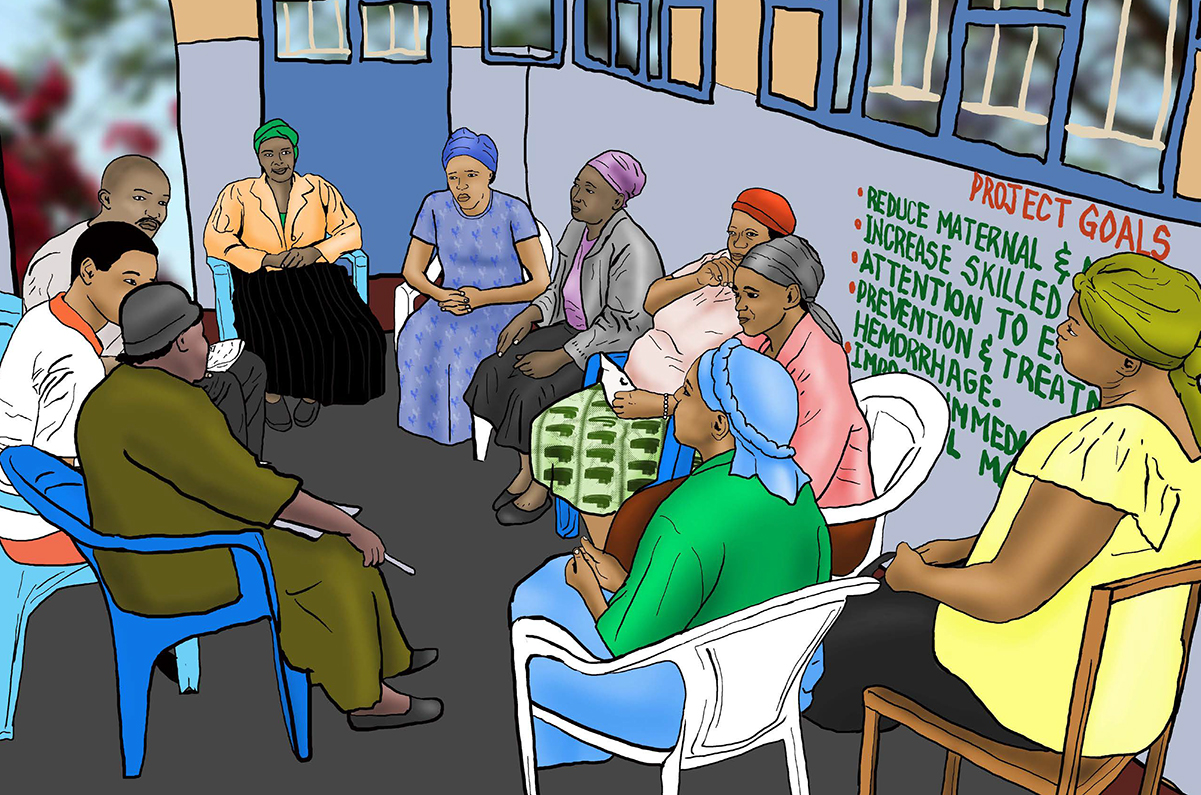 Matthew DeCamp, MD, PhD,
Matthew DeCamp, MD, PhD,